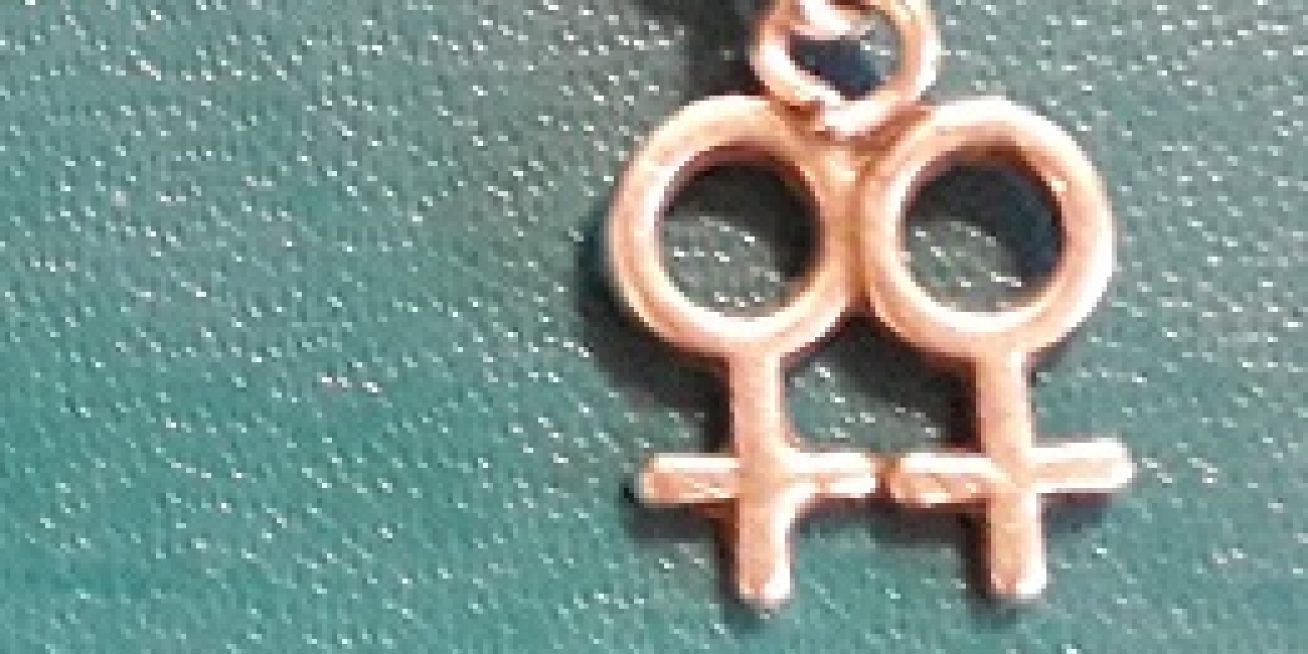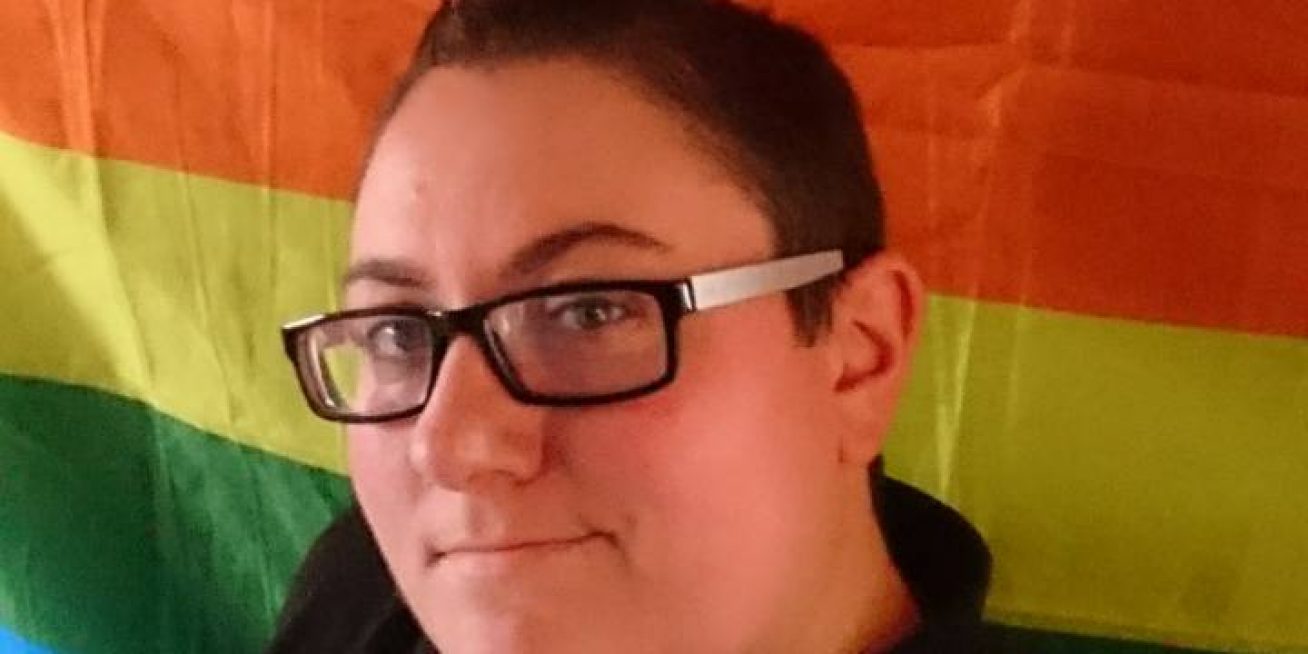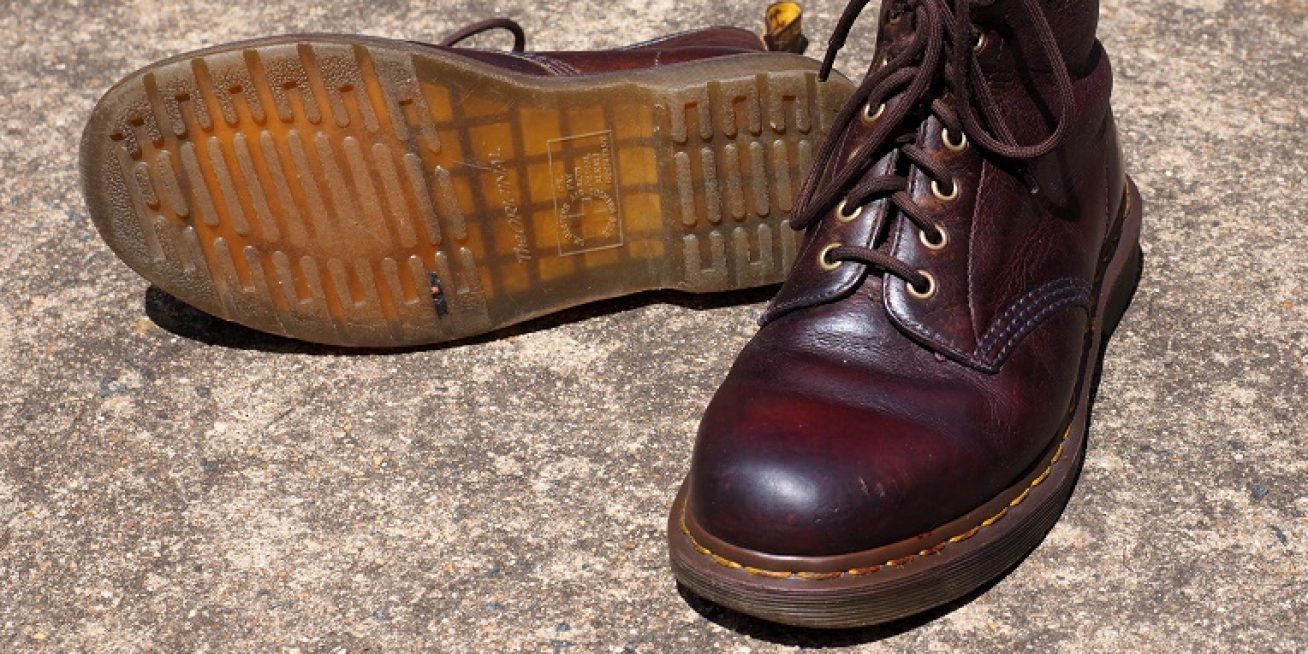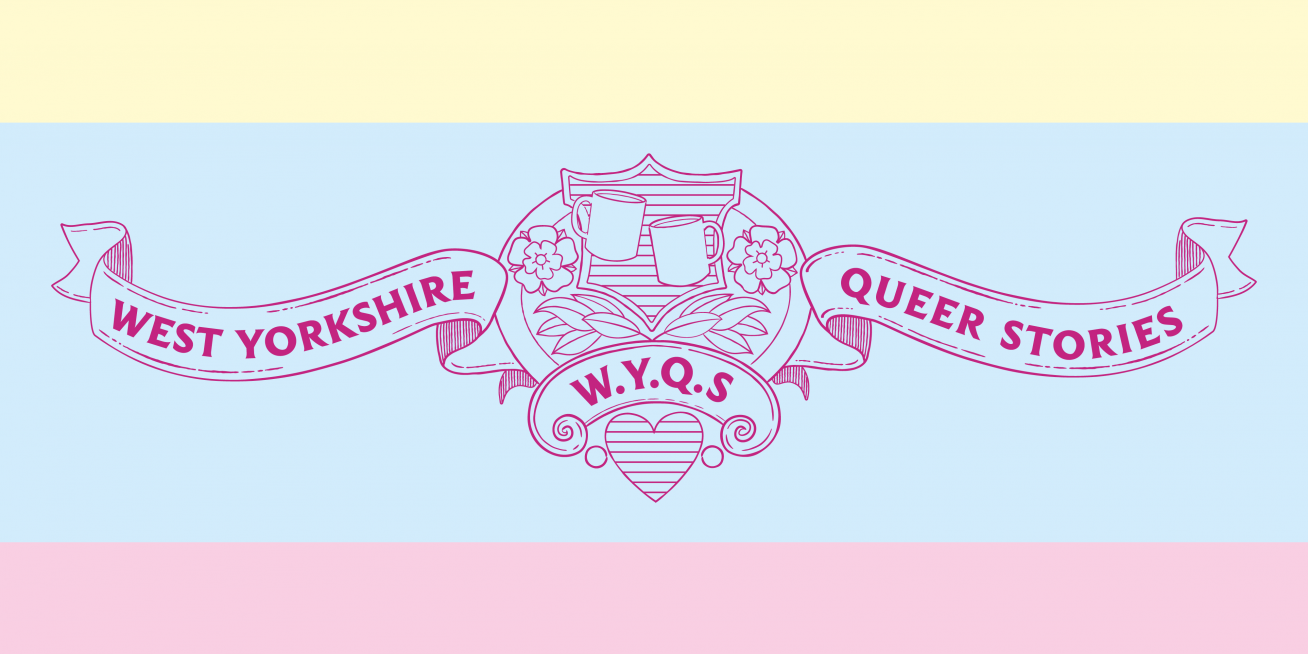The Women's Workshop in Leeds
Sue describes her role in the 'Women in Manual Trades' collective in 1970s Leeds.
Interview recorded by Phoebe Collis on 9.4.2019
Duration 03:28
TRANSCRIPT
SUE: I suppose I’d left Women’s Aid, which is in the back end of the 70s, and I wanted to do something different, I wanted to kind of go into something, I wanted to go into a manual trade. I’d always used my hands, worked with my hands, so it was something I kind of wanted to work in. And at the time they were schemes, like for adults, training schemes, retraining schemes, and I got onto one of those and did my training in Leeds as a wood machinist, not as a joiner. And I left there and got a job in Otley, and that lasted for so long, and round about that time a group of women got together and, through Leeds City Council, and that they managed to get some funding to start up Women’s Workshop, and it was looking at identifying trades and areas where women were underrepresented, so that was carpentry and joinery and machining, and electronics and computing.INTERVIEWER: How many women were sort of involved in the projects, was it quite a widescale thing, or?
SUE: There was a few women from the Council, who I can’t remember now, who were behind the scenes, and then there was a management committee, but it wasn’t really, it was kind of people that were interested. In terms of employees, there was two in the joinery section, two in electronics and computing. There was a manager, a finance worker, an employment development worker, and then we also brought people in to do kind of literacy and numeracy skills, so that’s about right. When we started we wanted to run as a collective, so that everyone had an equal part in the organisation, and we also operated parity because – it’s still the case really – the people that were in the computing and electronics and managerial side were getting more money than those in the kinda carpentry and joinery and lower skilled, if you wanna call it, areas. So what we agreed, right from the beginning, was to operate parity, so everyone got the same wage. So, we worked as a collective and what that meant really, in some ways, some things took forever to decide, because there wasn’t a hierarchy, and other times everyone had a say. So we used to meet once a week, on a regular basis, and sometimes – the management committee where people came and went and it was like a kind of strong group of people – women that worked together. And what was good, at that time, we brought in kind of policies that a lot of, certainly organisations didn’t have. I remember there was an equal opportunities policy, but there was kind of anti-discrimination, there was lots and lots of detailed stuff and lots of stuff round lesbians and kind of… so yeah as a lesbian it was just so easy to be out and doing stuff, it was great.







